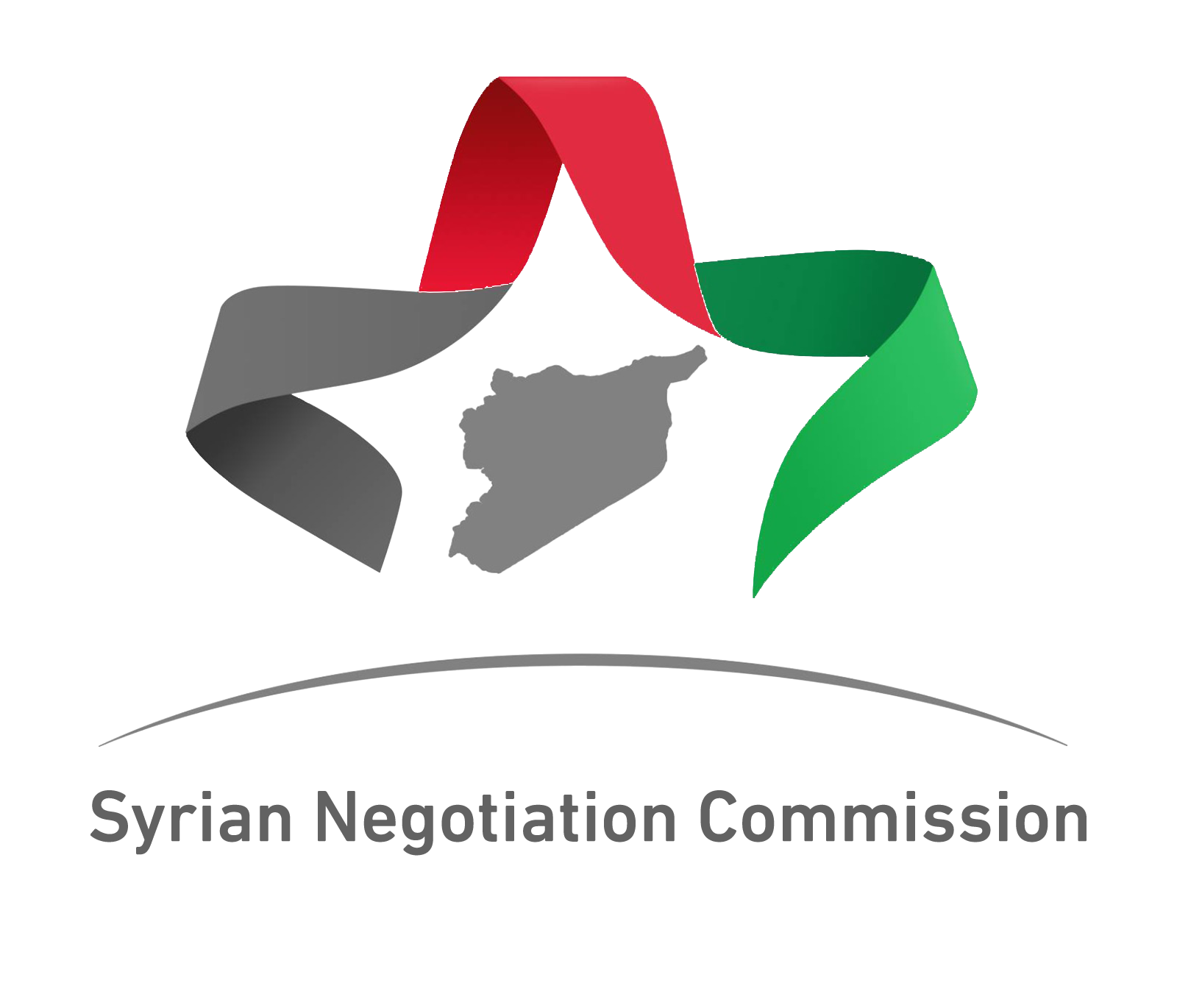Statement
The Syrian Negotiating Commission held its periodic meeting in Geneva in November 17-20, 2024.
On the first day, the Commission discussed the latest developments in Syria, the latest developments in the political process, and the repercussions of the tense situation in the region, as a result of the continued military hostilities of the Israeli occupation forces targeting residential neighborhoods in Gaza and Lebanon, and the casualties and destruction they cause in them. It also led to the flight of tens of thousands of Syrians, Lebanese, and Palestinians to Syria to escape the bombing and war. The Commission called for a ceasefire and an end to the targeting of civilians and civilian facilities in Gaza, Lebanon, and Syria, and the implementation of relevant Security Council resolutions.
The Commission stressed that the main reason for what is happening in the region is the inability of the international community to implement the international resolutions related to Syria, Lebanon, and Palestine.
The Commission expressed its condemnation of the bombing that targeted the provinces of Idlib and Aleppo, which led to civilian deaths and injuries.
The Commission also stressed the importance of the role of the international community in fulfilling the obligations it pledged and committed to, to pressure the Syrian regime to release all detainees and reveal the fate of the missing. In this regard, the Commission confirms that what the regime is doing in issuing amnesty laws is merely an attempt at deception with no real effect.
Then, the Commission engaged in the following two days in an expanded workshop that included, in addition to the Commission members, a number of experts, specialists, civil society organizations, and members of the Syrian-American community, with the aim of studying the obstacles, challenges, and opportunities facing the Syrian people in their aspiration for a radical and comprehensive political solution that achieves political transition in accordance with the Geneva Statement of 2012, UN Security Council Resolution No. 2254, and other relevant international resolutions.
The interventions and dialogues on the first day of the workshop included many topics, starting with the stagnation of the political process and its obstacles, and the expected regional transformations related to the Iranian presence in Syria.
The normalization processes with the regime and the changes in international positions were also reviewed. The proposals for a safe and neutral environment were discussed within the framework of a comprehensive political solution as stated in the Geneva Statement issued on 30-6-2012 and in Security Council Resolutions No. 2118 and 2254.
The issue of Syrian refugees and displaced persons was then discussed as a humanitarian crisis on the one hand, and as a legal and political issue on the other. This was followed by a presentation of the reality of education in various Syrian regions and the challenges facing the educational process.
On its second day, the workshop continued to discuss the issue of early recovery from the perspective of the political process and the challenges and opportunities that may arise from this matter. Then the discussions moved to international sanctions in terms of their objectives and results on the Syrian people and the ways to circumvent them that the regime and its supporters follow. This was followed by a review of the effects of the regional war on the production and trade of Captagon by the regime and political investment in it and the social and economic repercussions of this phenomenon.
Finally, the results of the US elections and their potential impact on the Syrian file were discussed, followed by a discussion of the basic challenges facing the Syrian opposition and the possible opportunities before it.
In all these axes, practical recommendations have been extracted that the Syrian Negotiating Commission will study and benefit from in its ongoing efforts to advance the political process and bring it to its desired results that achieve the aspirations of the Syrian people.
